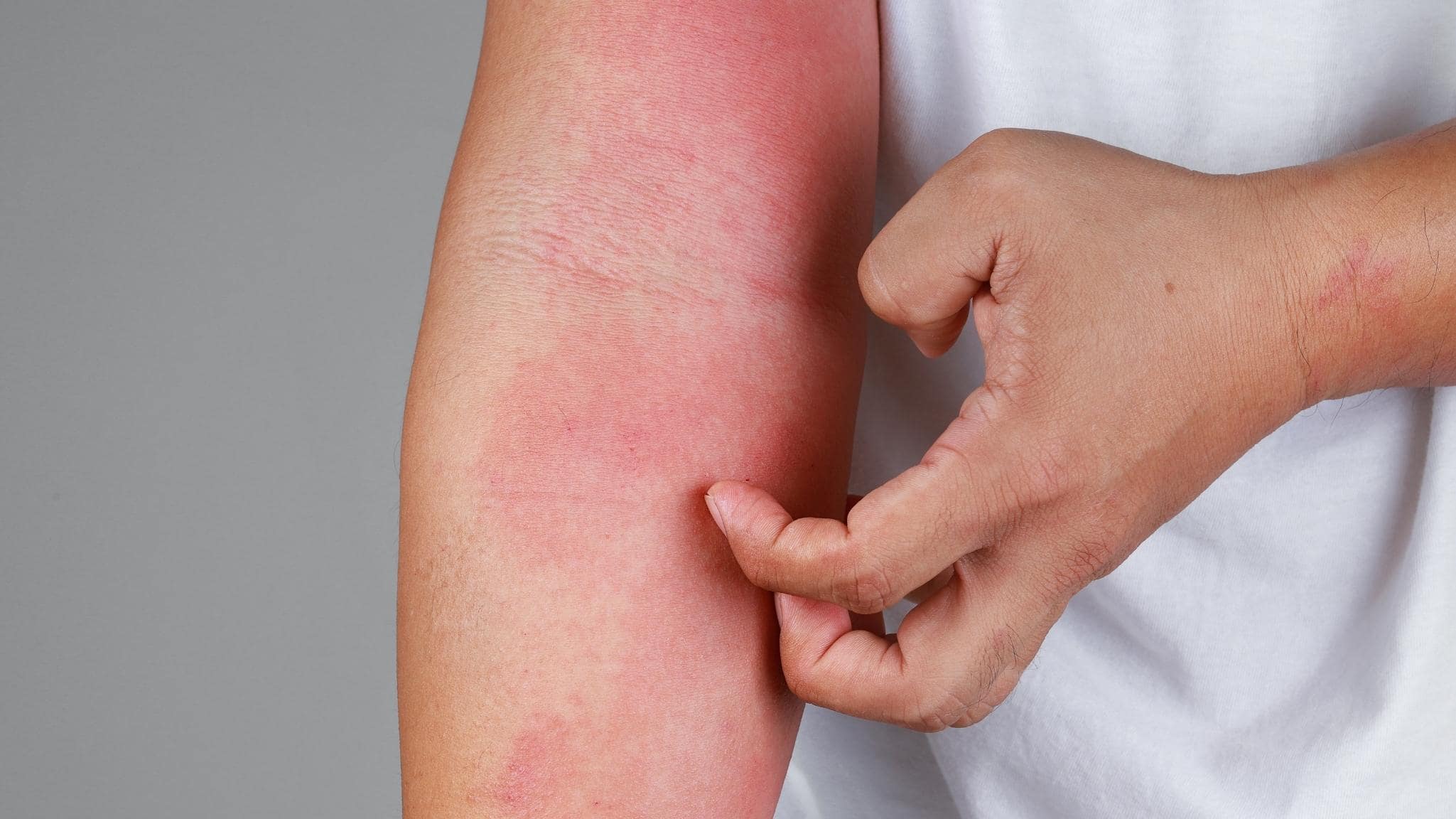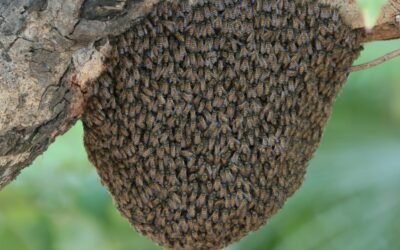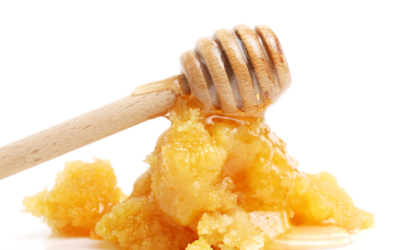
Table of Contents
- What is an allergy?
- What is a honey allergy?
- How do you know if you are allergic to honey?
- How to test for honey allergy?
- How to manage and treat honey allergy?
- Can you be allergic to raw honey but not regular honey?
- Is a bee allergy the same as a honey allergy?
- Can you cure honey allergy?
- Conclusion
When most people think of foods that can cause allergies, they generally think of things like nuts, dairy, and wheat. However, another food can cause allergic reactions in some people – honey. While honey allergy is not as common as other food allergies, it can still be a serious problem for those who are affected by it. If you are allergic to honey, it is important to know what to look for and how to stay safe.
What is an allergy?
An allergy is a reaction of the body to a substance that is normally harmless. When a person has an allergy, their immune system overreacts to the allergen.
What is a honey allergy?
A true honey allergy is relatively rare. Most people who are allergic to honey might in fact be allergic to the pollen or bee proteins in the honey.
These reactions can range from mild to life-threatening. If you are allergic to honey, you should avoid it completely even trace amounts can cause a reaction. If you think you may be allergic to honey, speak to your doctor for confirmation and treatment options.
How do you know if you are allergic to honey?
What are the symptoms of an allergy to honey?
Allergies to honey are relatively rare, but they can occur. Symptoms of a honey allergy may include itching, swelling, and redness at the site of exposure. In some cases, a person may also experience difficulty breathing, hives, or dizziness. A severe allergic reaction, known as anaphylaxis, is possible but rare.
If you experience any of these symptoms after coming into contact with honey, you should seek medical attention immediately. While a honey allergy is not typically life-threatening, it can be serious and should be treated by a medical professional.
How to test for honey allergy?
One way to test for a honey allergy is the prick test. To do this, a small amount of honey is placed on the skin, and then a needle is used to prick the skin through the honey. If there is no reaction within 15 minutes, it is unlikely that the person is allergic to honey.

Another test that can be performed is the patch test. For this test, a small amount of honey is placed on a bandage and applied to the skin. The bandage is left in place for 48 hours, and then removed. If there is no reaction during this time, it is unlikely that the person is allergic to honey.
Finally, a blood test can be performed to measure levels of immunoglobulin E (IgE), which is an antibody that is produced in response to an allergen. If levels of IgE are elevated, it indicates that the person may be allergic to honey.
You may not be allergic to honey itself, but rather the pollens or bee proteins that are in the honey. This will be confirmed by your medical professional.
How to manage and treat honey allergy?
Honey allergy is relatively rare, but it can cause serious reactions in some people. If you are allergic to honey, it is important to avoid any products that contain it. This includes both processed foods and raw honey. Some people may also be allergic to bee stings. In these cases, it is important to carry an EpiPen and seek medical attention immediately if a sting occurs.
If you are not sure whether you are allergic to honey, your doctor can perform some tests as mentioned previously to diagnose the allergy. Treatment typically involves the use of antihistamines and other medications to relieve symptoms. In severe cases, allergy shots may also be recommended.
Can you be allergic to raw honey but not regular honey?
Raw honey is a type of honey that has not been heat-treated or processed in any way. Unlike regular honey, raw honey may contain pollen, bee parts, and other impurities. Some people are allergic to these impurities and can experience symptoms such as hives, swelling, and difficulty breathing when they consume raw honey.
However, most people who are allergic to raw honey can safely eat regular honey without any adverse reactions. This is because the impurities that trigger allergies are typically removed during the processing of regular honey. As a result, people who are allergic to raw honey should not have any problems consuming regular honey.
Is a bee allergy the same as a honey allergy?
When most people think of bee allergies, they think of an allergy to honey. However, these are two different types of allergies. A bee allergy is an allergy to the venom in bee stings.
A honey allergy could be caused by three different compounds in the honey which you might be allergic to, the pollen, the bee proteins (bee allergy), or the honey itself. However, if you suspect that you have either type of allergy, it is important to see a doctor for proper diagnosis and treatment.
Can you cure honey allergy?
It is possible to cure honey allergy. Honey contains pollen and when you are allergic to pollen, you may also be allergic to honey. A study was done with people who were allergic to pollen and after being given small doses of honey, they were no longer allergic to pollen and honey. The same results were not found in everyone, but it might work for you. There is a risk involved in this method, so if you want to try this method, talk to your doctor first to see if it is right for you.
Conclusion
True honey allergies are one of the rarest food allergies, affecting around 0.001 percent of the population. You might be allergic to compounds in the honey such as pollens and bee proteins instead of honey itself. If you think you may have a honey allergy, it’s important to get tested and find out for sure. There are several ways to test for honey allergy, including skin prick tests and blood tests. If you are diagnosed with a honey allergy, there are steps you can take to manage your condition and live a normal life. In some cases, people may be able to cure their honey allergy by undergoing desensitization therapy.



